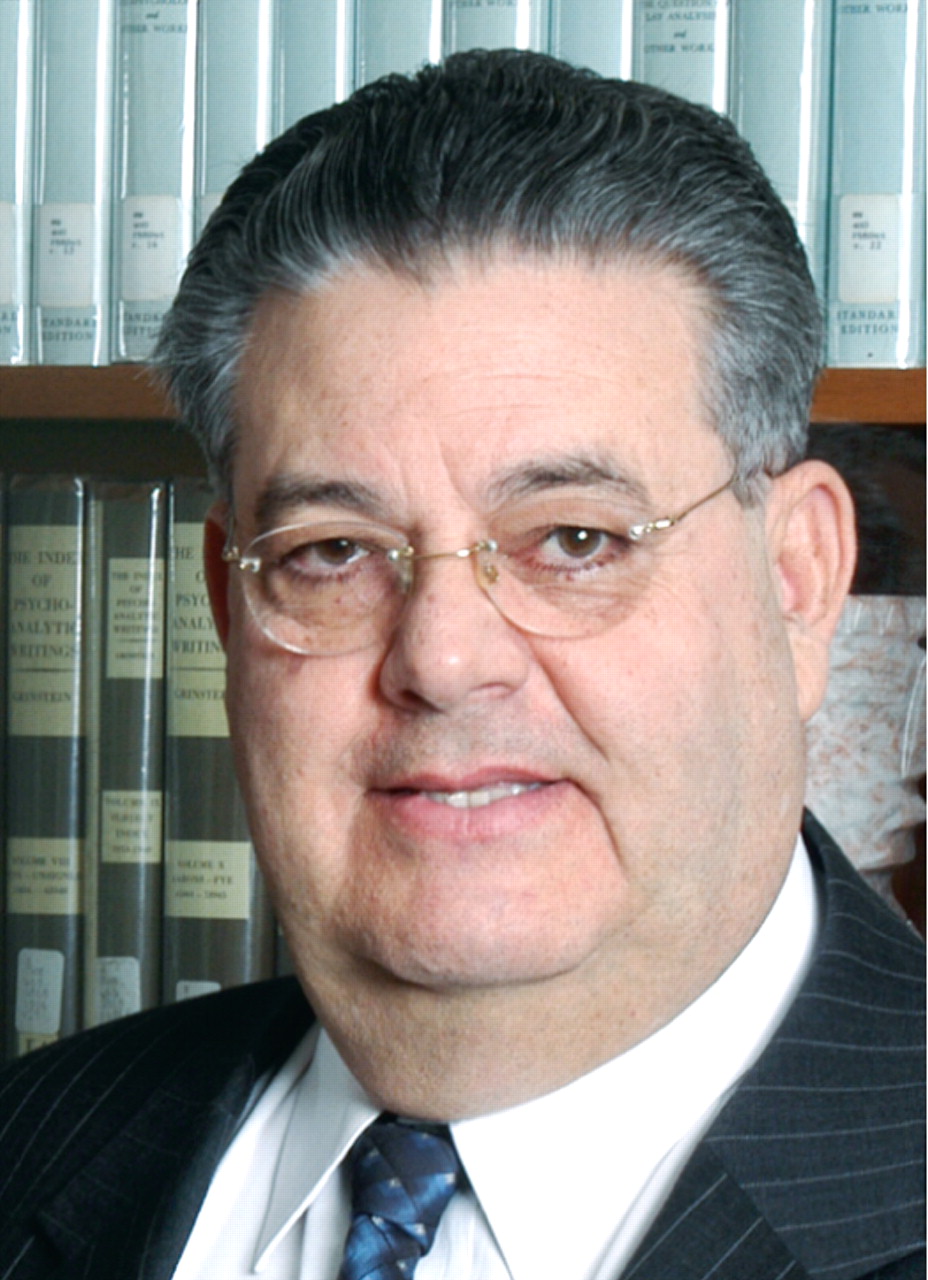Guantanamo Bay Visit Reveals Dedication of MH Personnel
Last October I received an invitation from William Winkenwerder Jr., M.D., assistant secretar y of defense for health affairs, to visit the U.S. military base at Guantanamo Bay, Cuba (GTMO), together with a group of senior military officers and representatives from the civilian health/mental health care system.

The purpose of the trip was to visit the detainee health facilities and review policies and practices pertinent to detainee care and management. Needless to say, I quickly accepted the invitation and soon was oriented, briefed, and assisted by Col. Robert Ireland, a psychiatrist and program director for mental health policy in the Office of the Assistant Secretary of Defense for Health Affairs.
On November 13, 2006, after a night's stay at Andrews Air Force Base, I boarded a 7 a.m. military plane. The visiting team consisted of about 20 persons, half of them senior officers from the Navy, Air Force, and Army. The others in the group were psychologists, psychiatrists, and physicians from specialties other than psychiatry. Among these health care leaders were Dr. Gerald Koocher, president of the American Psychological Association; Rebecca Patton, M.S.N., R.N., president of the American Nurses Association; Dr. Stephen Behnke, an attorney and psychologist who is in charge of ethics issues at the American Psychological Association; Dr. Eric Zillmer, the Carl R. Pacifico Professor of Neuropsychology at Drexel University; and Dr. Robert Frank, dean of the College of Public Health and Health Professions at the University of Florida.
After a three-hour flight, we landed at GTMO. While landing, I reflected on my being a U.S. psychiatrist born in Cuba and about to visit and review a military base located in Cuba. Upon landing, a bus took us to a nearby boat, and after a boat ride of about 20 minutes, we arrived at the other side of the military base. Another brief bus ride took us to the GTMO area where about 435 detainees from Iraq, Afghanistan, and other Middle Eastern countries were detained. On our way to Camp Delta, we toured the housing, schools, and sport facilities used by military personnel and their families.
During the orientation, briefing, and discussion period, we had an opportunity to become more familiar with the GTMO military base. For instance, the briefers told us that all detainees had been arrested while committing terrorist acts against the United States and that the detainees were accused of being terrorist trainers, bomb makers, Osama Bin Laden bodyguards, would-be suicide bombers, and terrorist financiers. Military briefers told us that two of the terrorism financiers contributed nearly $200 million to the preparation and execution of the 9/11 terrorist attacks. Military officials also said that some of the detainees who were released from Camp Delta have returned to their terrorist activities.
I am not a lawyer, thus my focus was on whether the detainees were receiving appropriate health/mental health care as well as humane care. A few comments in this regard are appropriate. On the day of our visit, we had a lunch that consisted of pasta and chicken, a salad, an orange, two toasted bread portions, two glasses of grapefruit juice, a diet soda, a bottle of water, and two pieces of baklava. As we were having our lunch, we were told that this was the lunch that all detainees at GTMO had that day.
The detention facilities consisted of two main models, one with high emphasis on security and the other with a more relaxied atmosphere and more space for recreational activities. We were told that detainees can advance from one to the other depending on their conduct and behavior. All cells have hygienic facilities and common areas for baths and recreation. The less-restrictive facilities are where most of the disruptive behaviors were reported to have occurred, including suicides; fights; throwing urine, feces, and semen in the face of the military personnel; and crafting weapons from all possible materials. Opportunities for praying were available, as were translators in all Arabic languages and dialects.
We also had the opportunity to visit the hospital unit in which detainees needing medical care are treated. The hospital has 19 to 28 beds and is supplemented by outpatient clinics and a psychiatric/behavioral unit. Additionally, we were told that the detainees have access to the main naval base hospital when specialist care is needed.
I must acknowledge that a visit of a few hours does not permit me to judge the validity of the various press accounts of day-to-day life for the detainees during their time at GTMO. However, during my return flight that evening, I thought a lot about the complexity of the situation at GTMO and how to best recognize and pay respect to the military men and women assigned to GTMO. In my opinion, the health care personnel—psychiatrists, other physicians, nurses, psychologists, and others—stationed at GTMO are doing an outstanding job under difficult and trying circumstances for everyone at GTMO. This column was written with this message in mind. ▪



